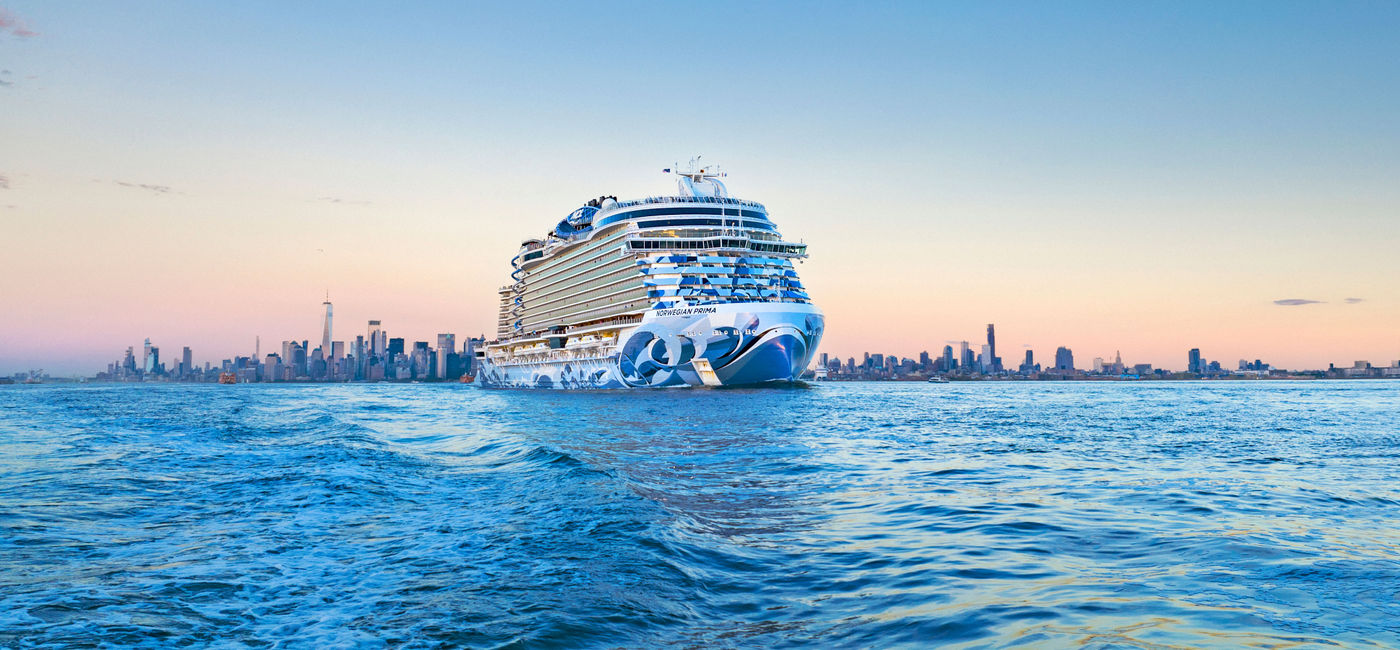NCLH Creates New Short- and Near-Term Emissions Goals

Norwegian Cruise Line Holdings Ltd., the parent company of Norwegian Cruise Line, Oceania Cruises and Regent Seven Seas Cruises, has created new short- and near-term greenhouse gas emissions targets to continue its goal of becoming net zero by 2050.
New goals include reducing greenhouse gas emissions by 10 percent by 2026 and 25 percent by 2030, according to the 2019 baseline; this includes across all operations, from its fleets, islands and facilities to energy-related activities, including well-to-wake emissions.
These targets should help paint a roadmap of actionable goals to achieve while working towards the net zero goal.
Additionally, the climate strategy’s three pillars are now identified as Efficiency, Innovation and Collaboration. Efficiency focuses on onboard power consumption, greenhouse gas emissions and fuel consumption. Innovation centers around the utilization of innovations such as biofuels, green methanol and other emissions-reducing technologies. Collaboration focuses on working with suppliers, communities, governments and NGOs to continue fighting against climate change and eliminating end-to-end emissions across all operations.
“We are proud to further refine and strengthen our climate action strategy and commitments including by setting milestone GHG intensity reduction targets which will guide us on our ambitious pursuit of net zero by 2050,” said Harry Sommer, president and chief executive officer-elect of Norwegian Cruise Line Holdings Ltd.
“Every aspect of our business from shoreside to shipboard is responsible for doing their part to design, deliver and demonstrate results for decarbonization and our Board of Directors has reinforced this expectation by establishing shared accountability and tying incentives for our entire management team to this critical effort,” continued Sommer. “We also recently took an important step forward on our pursuit of net zero by announcing the modification of two of our future Prima Class newbuilds to accommodate the use of green methanol in the future.”
